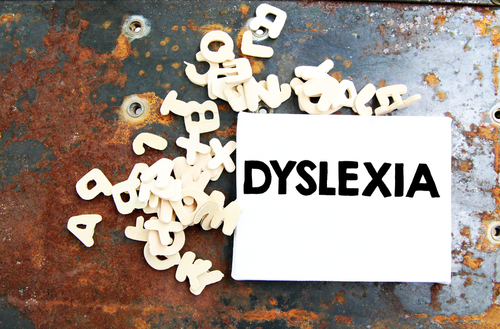Less Brain Matter a Consequence, Not Cause of Dyslexia
In people with dyslexia, less grey matter in the brain has been linked to reading disabilities, but now new evidence suggests this is a consequence of poorer reading experiences and not the root cause of the disorder.
Read MoreNew Research May Change the Face of Dyslexia
According to popular belief dyslexia is a neurological disorder in the brain which causes information to be processed and interpreted differently, resulting in reading difficulties. However, this notion has recently been challenged by neuroscientist John D. E. Gabrieli...
Read MoreA Sign of Dyslexia: Late Talking or Immature Speech
Dyslexia is a learning disorder that affects your ability to speak, read, spell and write. Research has revealed a dramatic link between the abnormal development of spoken language and learning disabilities such as dyslexia.
Read More






